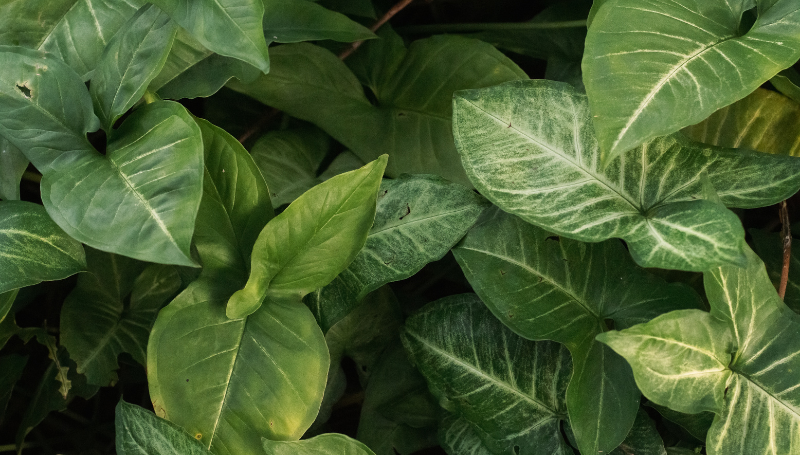Beauty Buzz '24: The Simple Life

Curious about what's stirring excitement in the beauty industry right now?
In 2024, global beauty trends continued down the road towards sustainability. But now, there's also an emphasis on simplicity; from pared-down beauty shelves to products packaged in minimalist designs, consumers have grown tired of flashy “must-haves” and just want clean products that work. And it's not just the women; the men's grooming market continues to explode, with more brands than ever entering the space. Here are three key trends that are worth paying attention to.
As consumers grow increasingly concerned about their own environmental footprints, they're seeking out beauty companies who also value sustainability. From ingredients to waste to packaging materials, savvy shoppers are educating themselves on their favorite brands' eco practices and buying accordingly (even if it means paying more). Lisap has been at the forefront of the green movement, upgrading our production facilities to save water and energy, with 80% of our electricity derived from renewable sources.
Over the past five years, the demand for men's personal care products has grown exponentially. And as men become even more image and wellness conscious, this trend is expected to continue through at least 2030. Similarly to the women's beauty industry, men are also favoring products that are organic and cruelty-free, innovative and unique. Lisap's recently launched Dandy Men's Line promotes style and wellness for hair and beards, and features nourishing all-natural oils like argan, baobab and linseed.

Another trending natural beauty spin-off is a newfound interest in scalp care. Sure, anti-dandruff shampoos have been around since the 1960s, but what's happening now goes way beyond flake-free locks; it's the belief that healthy hair begins with a healthy head. Masks, shampoos and even supplements have become more nuanced, targeting concerns like dryness, oiliness and irritation, an issue we address with Keraplant Nature, our line of skin-calming products for sensitive scalps.
Overall, simplicity is key for the current generation of beauty enthusiasts, who are eschewing the “more is more” ethos by stripping down their daily routine to just a few quality products with proven results. They want to see the scientific research behind a product's claims of efficacy and demand more transparency on ingredients, preferring organic to artificial. Want to know if a certain product is organic? The easiest thing to do is to find out if the company holds any certifications. (Lisap is certified by both COSMOS and ECOCERT.) Take a look at a label and zero in on the ingredients list; stay away from harmful chemicals like paraffin, paraben, phthalates, silicone, fragrance, and petroleum-based dyes. There is a lot of information available online so do your research to become as informed as possible.
Written By: Stacey Appel
ECOCERT
As evidence of our commitment and for the maximum protection of the consumer we make use of international certifications for our raw materials.
COSMOS
The COSMOS standard sets the criteria that must be met to give consumers a guarantee that their cosmetics are organic or natural and made using the best possible sustainability practices.
ECOCERT
Ecocert is a control and certification institute founded in France. For Ecocert certification, the production chain must be completely traceable and the organic ingredients stored separately from non-organic substances during production.



